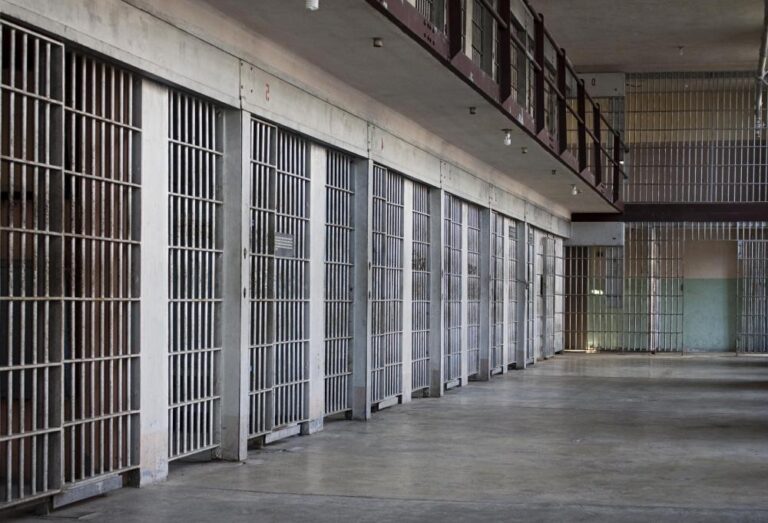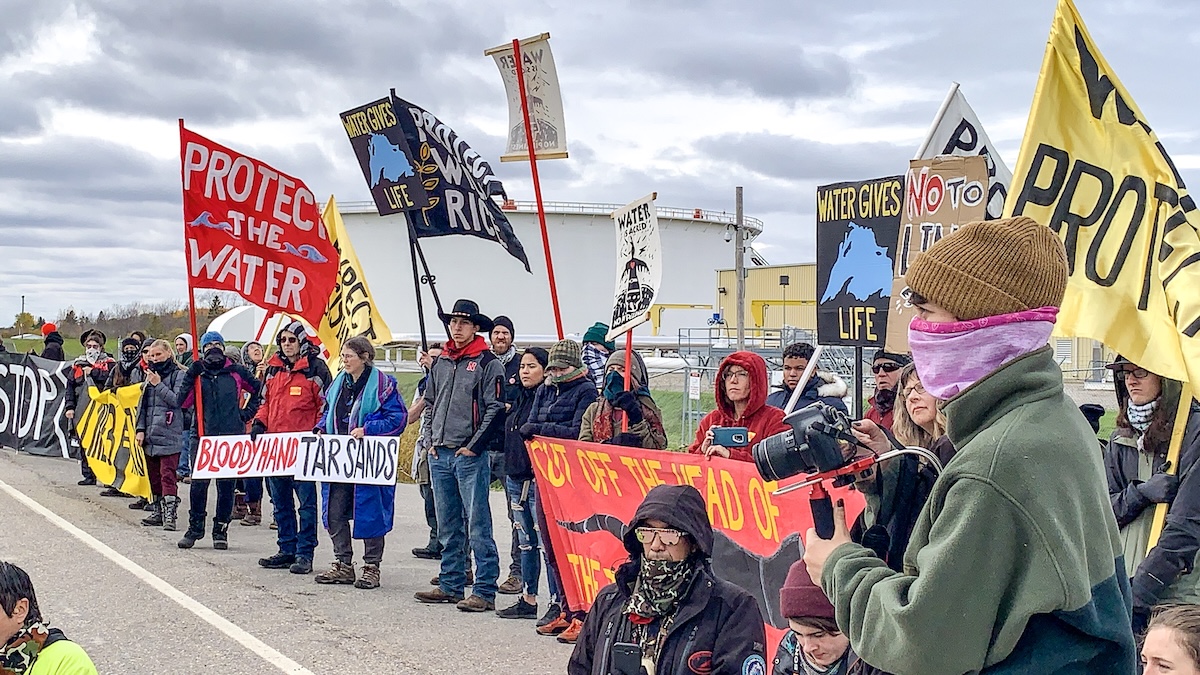Every day, the conditions of incarceration work to strip away my humanity
By Edwin Rubis, a cannabis prisoner serving a 40-year sentence in federal prison for a nonviolent offense.
The morning quietly waits for the public address system to emit its familiar message. I am laying on my top bunk, eyes half-open, while an opaque light is streaming through a small, barred window, brightening the pale cinder block walls, paint-chipped metal table, rusted basin and blue metal door of a room I’ve learned to call my home. In the amplified quiet, I can hear my cell-mate breathing as he sleeps on the bottom bunk. Thoughts of reflection and drowning images of a life long lived behind bars are fighting against my willingness to wake up.
Out of the many places on the planet, prison life is the least known to the United States public. The prison movies, scripted reality shows and prison documentaries (which tend to glorify violence, gang affiliation and a toughness persona) rarely denude the mental and emotional anguish a confined individual endures on a daily basis; rarely does the denigration of the prisoner’s dignity and self-worth take center stage to give us a clear picture of what confinement is really about.
Prisons are depressing places. They remind you of modern concentration camps. Their design and architecture somehow tend to hold a placid air of oppressiveness, swallowing all hopeful optimism. The perturbed loudness and human uneasiness — in tandem with the rigid rules and penal mechanisms enforced by the ruling captors mandating when to wake up, what to eat, when to take a shower, when to receive a visit, what books to read and even when to pray — are a constant reminder that you’re just a number without a name, without a life. And if you throw in the gangs (the Aryan Brotherhood, Mexican Mafia, Norteños, Black Guerrilla Family, Aztecas, Latin Kings, Nietas, Crips, Bloods, Gangster Disciples, Vice Lords and others), prisons generate tension and fear at gargantuan proportions.
I remember the first day I walked in through the non-revolving door of the U.S. penitentiary in Beaumont, Texas. The year was 1999. The picture of 40-foot granite walls topped with razor wire, enclosed steel fences upon fences, prison bars lining each window and eight gun towers overseeing the massive compound immediately told me about the encompassing, controlling measures of such a place.
Edwin Rubis is a cannabis prisoner serving a 40-year sentence in federal prison for a nonviolent marijuana crime. His release date is 2033. Here’s how you can help Edwin. You can also send him a personal text message of support to: (256)-770-4280.


